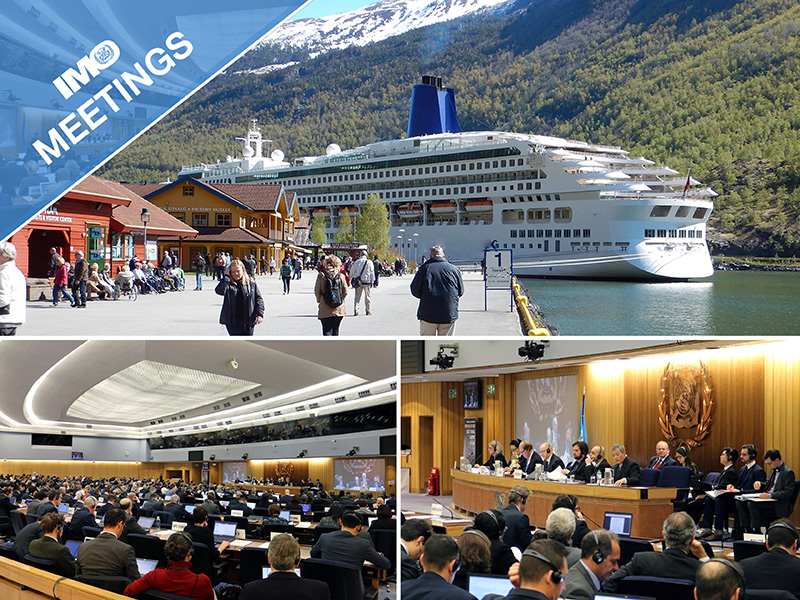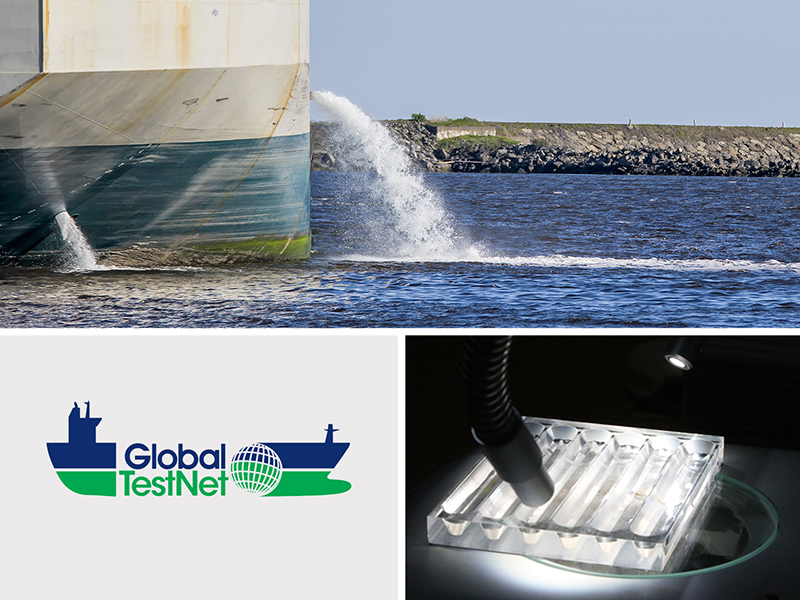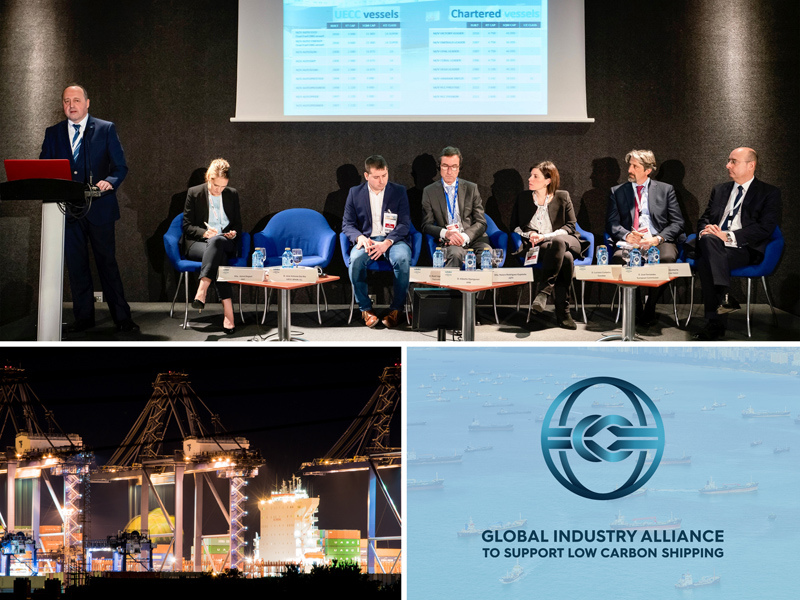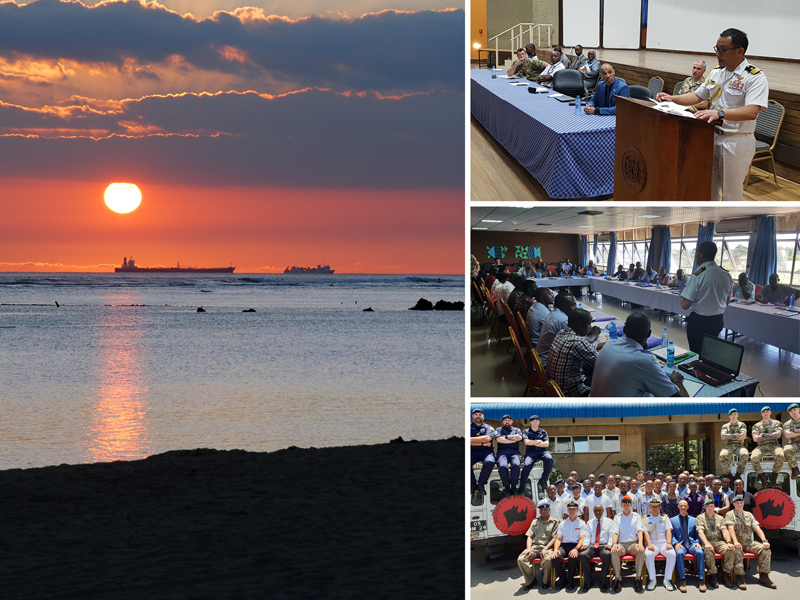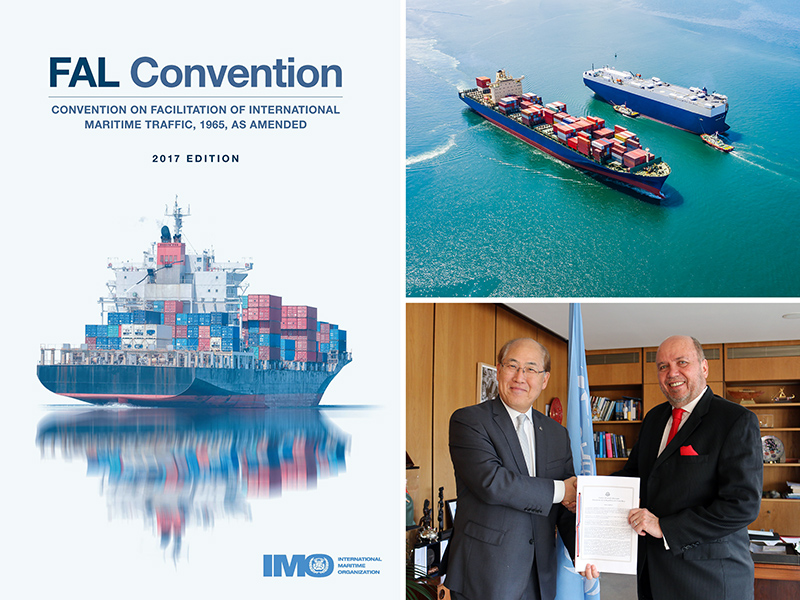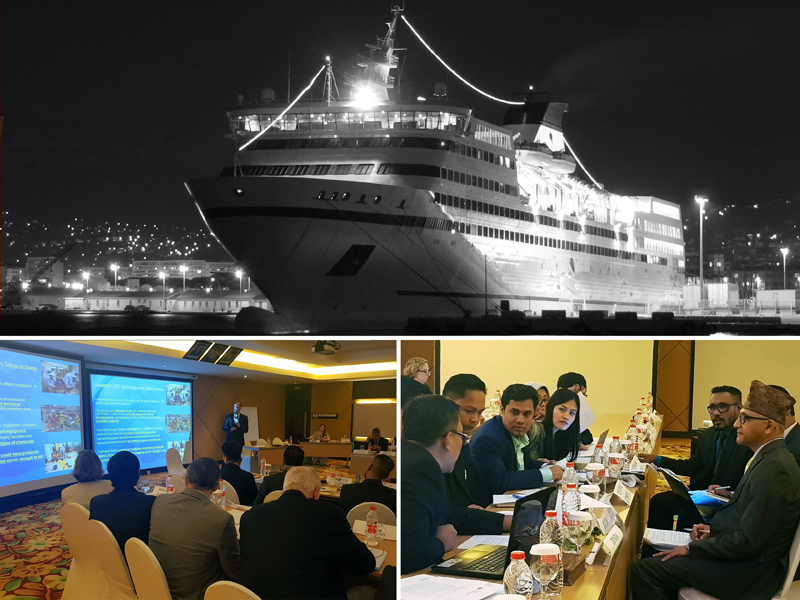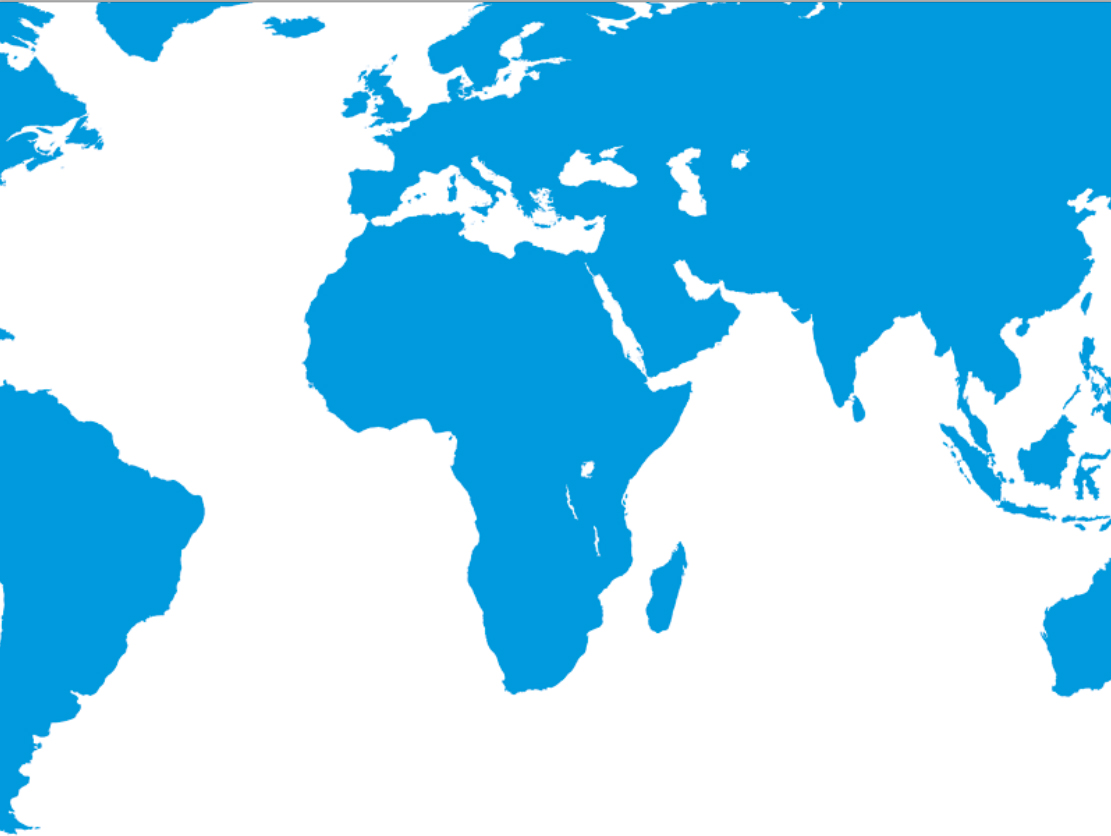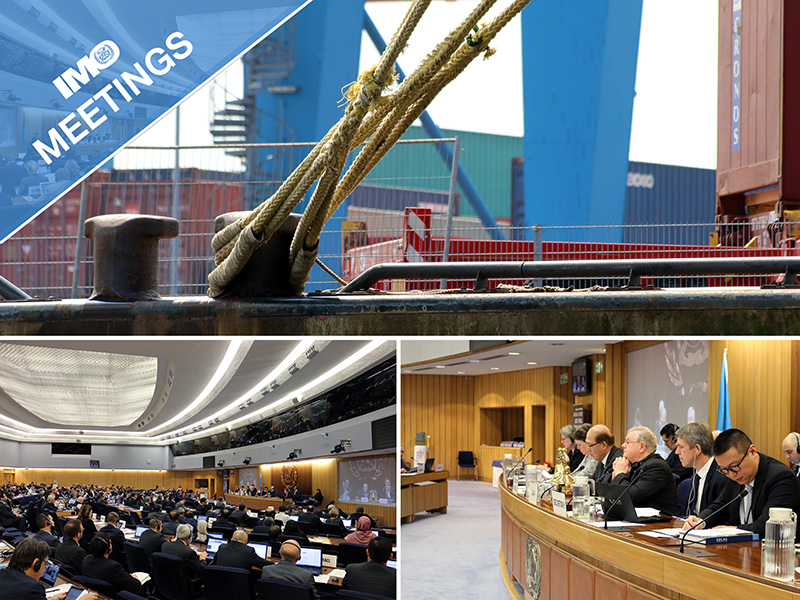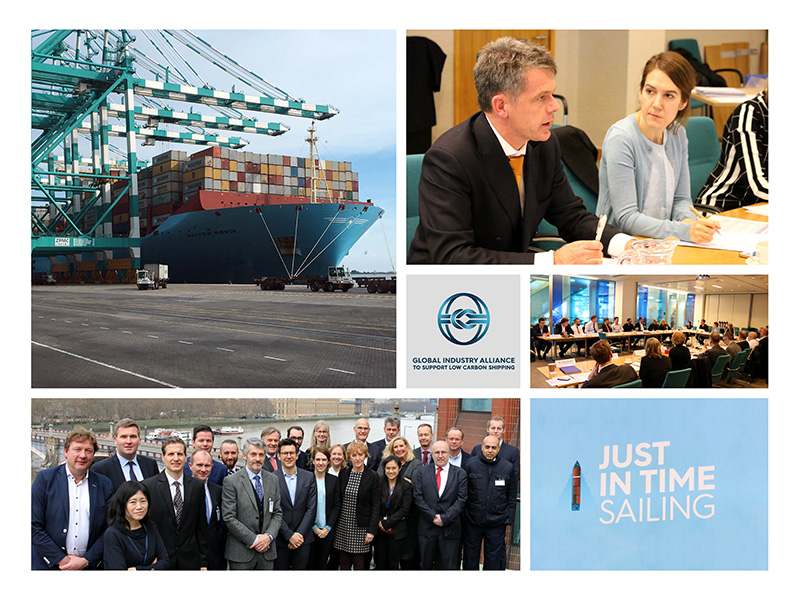Whats New 2019
Preparing for the sulphur 2020 limit
IMO’s Sub-Committee on Pollution Prevention and Response (PPR) meets this week (18-22 February). The meeting will focus on finalizing draft guidelines on consistent implementation of the 0.50% sulphur limit. The meeting will also consider draft amendments to MARPOL Annex VI and draft amendments to port State control and onboard sampling guidelines. Among other agenda items, the Sub-Committee will begin its work to develop measures to reduce the risks of use and carriage of heavy fuel oil as fuel by ships in Arctic waters. more...
Experience-building for ballast water management
Experience with implementing the IMO Ballast Water Management
Convention, which aims to prevent the spread of potentially invasive aquatic
species, is now underway. IMO’s participation at the Global
TestNet 10th annual meeting (14-15 February) provided an
opportunity to highlight a new module on IMO’s Global Integrated Shipping
Information System (GISIS), which allows port States, flag States and other
stakeholders to gather, prepare and submit data on
ballast water sampling and chemical and biological analysis. more...
Ports for greener shipping
Ports are key players in the maritime transport system when it comes to achieving ambitious emissions reduction. IMO’s initial greenhouse gas strategy recognizes that shipping and ports are intrinsically linked. The role of ports in achieving emissions reductions was highlighted at the Future Port congress, Bilbao, Spain (12-14 February). IMO participation at a roundtable on green ports highlighted the potential for provision of ship and shore-side/on-shore power supply from renewable sources, infrastructure to support supply of alternative low-carbon and zero-carbon fuels, and activities to further optimize the logistics chain and its planning, including ports. more...
Training to enhance maritime security in Kenya
Maritime
law enforcement officials* from Kenya are taking part in a two week training
course on best practices for visit, board, search and seizure of vessels, in
Mombasa, Kenya (11-22 February). The multi-agency course brings together 30 officials
to learn skills for effective coordination in combating maritime crimes and
procedures used to successfully board and search a vessel of interest. more...
Costa Rica ratifies treaty for enhancing free flow of maritime trade
Costa Rica is the latest country to ratify the Convention on Facilitation of International Maritime Traffic (FAL Convention). The IMO treaty enhances communication between ships and ports to help shipments move more quickly, more easily and more efficiently. H.E. Mr. Rafael Ortiz Fábrega, Ambassador of Costa Rica, met IMO Secretary-General at IMO Headquarters, London (12 February) to deposit the instrument of accession. Find out more about the FAL Convention, including why it is needed, advice for governments, and information on the 8 April 2019 electronic data exchange deadline, here.
Promoting international counter-terrorism treaties in South and South-East Asia
IMO maritime security and counter-terrorism treaties* are
key international instruments supporting countries to counter terrorism. To
boost implementation of these treaties in South and South-East Asia, IMO and
the United Nations Office on Drugs and Crime (UNODC) are running a
cross-regional workshop in Bali, Indonesia (5-8-February). more...
IMO collaborates to boost African maritime development
As part of its continuing efforts to help African
countries improve the sustainability of their maritime sectors and
their blue economies, IMO frequently works with partners to help support
their initiatives. This work includes participating in two major
annual maritime security exercises in Africa, the first of which,
Cutlass Express, is currently underway in Djibouti, Mozambique and the Seychelles (25 January – 7 February). Cutlass Express puts special
emphasis on encouraging navies and civilian agencies
and different countries to work together, as envisaged in existing
frameworks such as the Djibouti Code of Conduct (DCoC) and the Jeddah Amendment to the DCoC – a regional agreement against maritime crime in
the Gulf of Aden and western Indian Ocean area, which
IMO helped to establish. more...
Safe mooring rule set to be finalized
IMO work to preventing accidents when ships are being moored at their berth in a port continues this week. A draft SOLAS regulation aimed at better protecting seafarers and shore-based mooring personnel from injuries during mooring operations is set to be finalized by the Sub-Committee on Ship Design and Construction (SDC 6). The meeting (4-8 February) also aims to complete draft guidelines on the design of mooring arrangements; and on their inspection and maintenance; as well as to revise existing guidelines on shipboard towing and mooring arrangements. more...
Tackling barriers to Just-In-Time ship operation
Implementing “Just-In-Time” (JIT) operations to cut the time ships spend idling outside ports can help cut emissions. This is good for the environment and can cut costs too. But there are a number of contractual and operational barriers to overcome before this could be implemented worldwide. Focusing on ship types that can already contractually implement JIT, IMO’s Global Industry Alliance to Support Low Carbon Shipping (GIA) brought together a wide range of industry stakeholders to discuss how to operationally make JIT a global reality (31 January). more...
